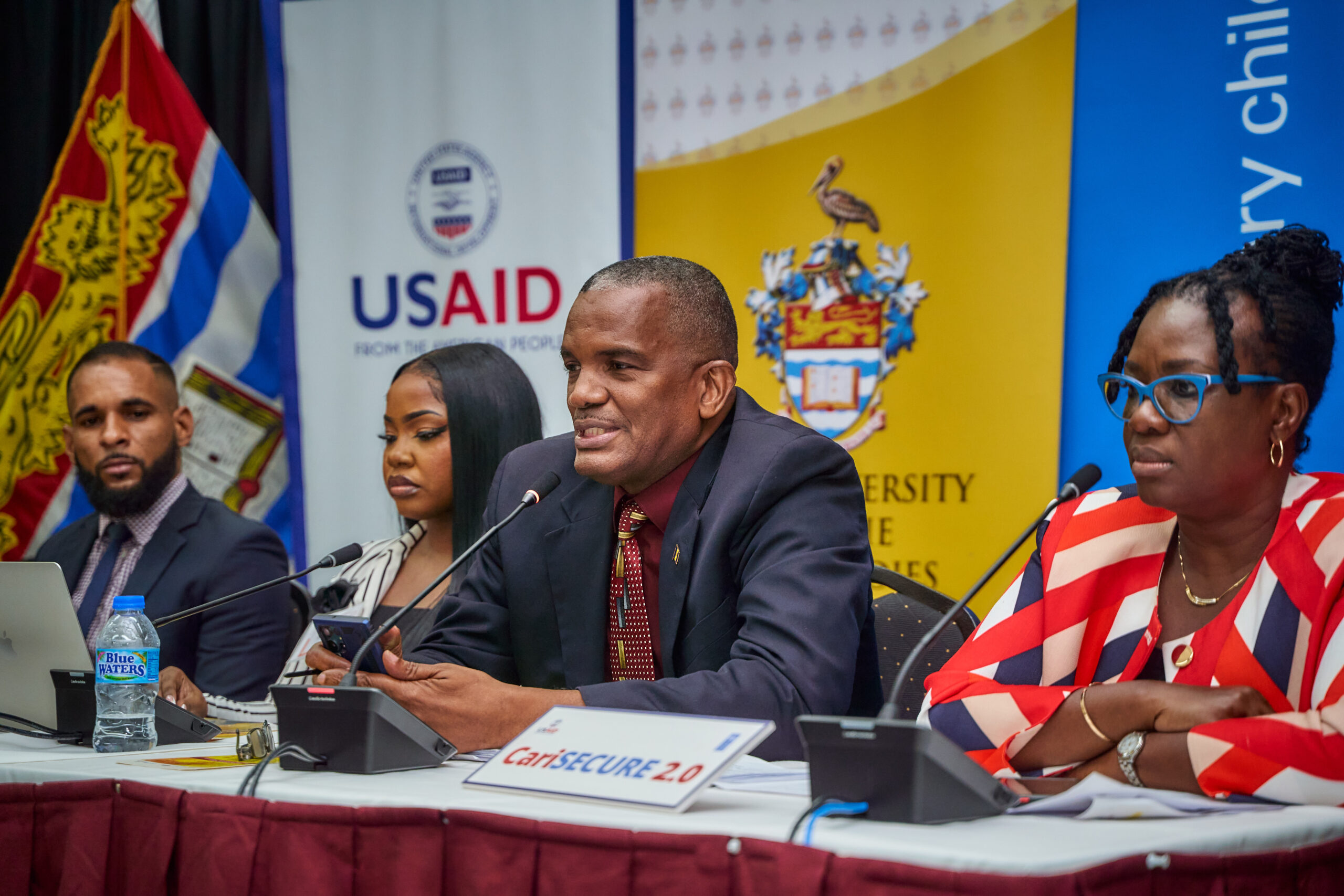163

Stay informed and engaged with our digital news platform. The leading online multimedia news resource in Barbados for news you can trust.

The (Barbados) Today Inc. is a privately owned, dynamic and innovative Media Production Company.

The (Barbados) Today Inc. is a privately owned, dynamic and innovative Media Production Company.
We use cookies to ensure that we give you the best experience on our website. If you continue to use this site we will assume that you are happy with it. Accept Privacy Policy